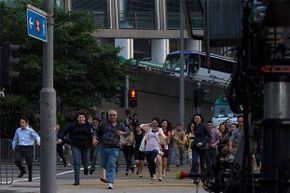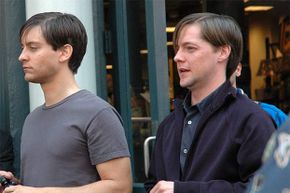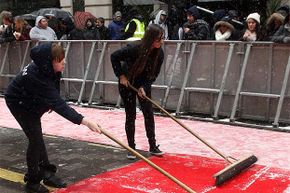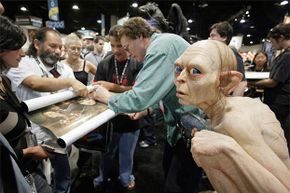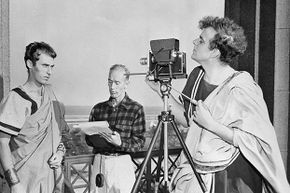Film industry minions aren't just relegated to the popular "Despicable Me" series. Nope, for every one of those beloved, if largely incoherent yellow guys, there's probably a thousand real life worker bees currently slaving away on any given film. For such a megabucks industry, the film world is especially chintzy at sharing the love, both in monetary terms or sheer appreciation for a job well done. Responsible for the zillions of production moments that precede a red-carpet premiere, film workers in the trenches navigate a process that is often (sometimes exclusively) rife with many mundane and even downright unenjoyable details. Serious celebs, screenwriters, directors and the like command sick paychecks for their long workdays, whereas much of the remaining crew is paid pathetic (and I do mean pathetic) ducats by comparison. Tack on incredibly long hours and questionable work environments and you might wonder why people would take on those lowly roles – and even beg for them.
Most film enthusiasts completely expect to pay the proverbial dues for a while before moving onward and upward to cushier gigs. Others simply love movies and get a natural high from being part of the Hollywood experience in ways that most of us can only imagine. Whether you're considering making your mark on Tinseltown, or simply want to live vicariously through those who already do, check out our list of often thankless film industry gigs.
Advertisement

